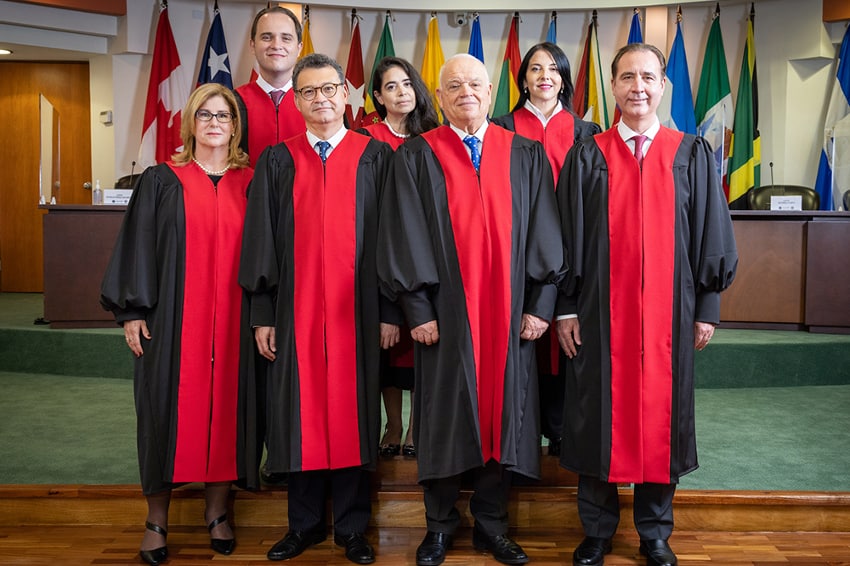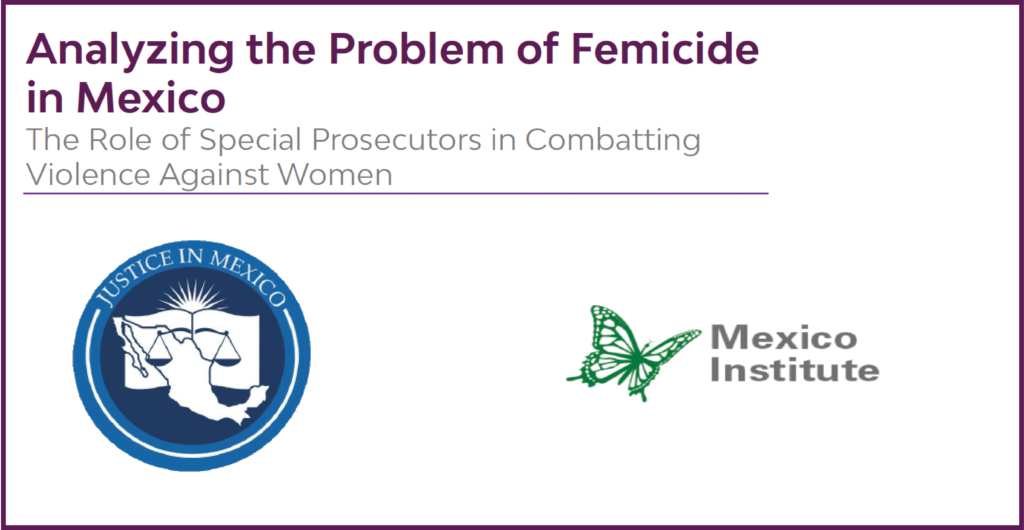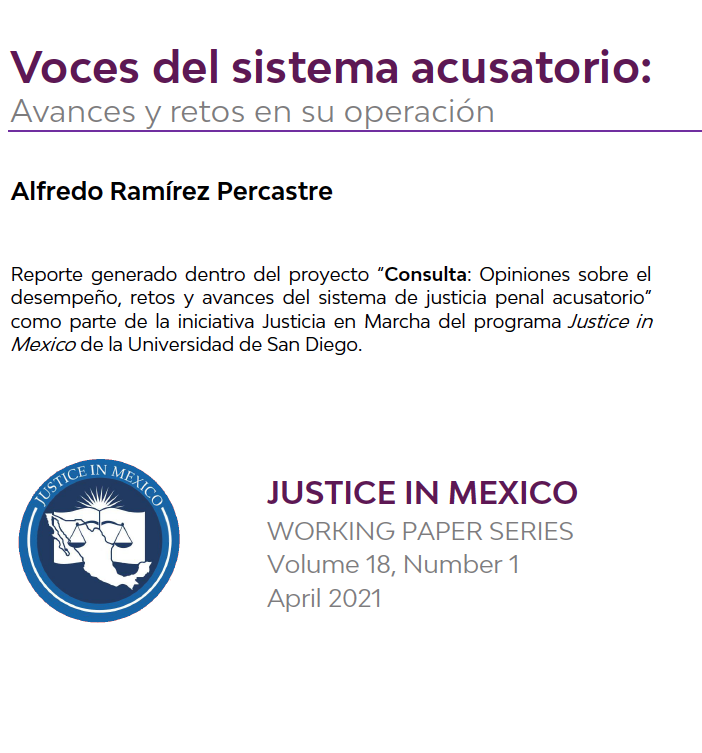
07/25/16 – Justice in Mexico is proud to release its newest publication, “The State of Judicial Sector Reform in Mexico.” With Mexico’s New Criminal Justice System (Nuevo Sistema de Justicia Penal, NSJP) in full effect, the Policy Brief provides an assessment of Mexico’s judicial sector reforms, the Mexican government’s implementation efforts, and the remaining challenges and concerns. The Policy Brief also draws on previous and recent findings of Justice in Mexico to provide a concise overview and some of the policy recommendations that can help ensure the long-term success of recent reform efforts.
The NSJP, which shifts Mexico’s criminal procedure from the traditional ‘mixed inquisitorial’ model of criminal procedure to an ‘adversarial’ model, offers three principal advantages that improve Mexico’s overall judiciary. First, the NSJP introduces greater transparency, which is largely thanks to the inclusion of oral trials, or public court proceedings, into hearings. Second, the new system is far more efficient than the traditional model, as the courts’ once overloaded dockets that clogged up the court system have been relieved by including alternative dispute resolution (ADR) methods and plea bargains into the processes, among other methods. Lastly, the NSJP focuses heavily on respecting due process, which lends greater fairness to the administration of justice.
The Policy Brief builds on previous Justice in Mexico reports that covered the status of the New Criminal Justice System implementation, an eight-year phase that culminated on June 18, 2016 when Mexico’s constitutionally imposed deadline passed. Those reports include:
- “Criminal Procedure Reform in Mexico, 2008-2016,” (2015);
- “Justiciabarómetro: Survey of Judges, Prosecutors, and Public Defenders in Nine Mexican States,” (2011);
- “Assessing Mexico’s Judicial Reform: Views of Judges, Prosecutors, and Public Defenders,” (2011); and
- “Judicial Reform in Mexico: Toward a New Criminal Justice System,” (2010).
The Policy Brief also draws data from a forthcoming study by Justice in Mexico that will be released in September 2016. That report will be the second iteration of the “Justiciabarómetro” survey of more than 700 Mexican judges, prosecutors, and public defenders in 12 states. Several preliminary results worth noting demonstrate the important progress and hope for the future of the NSJP. First, there is overwhelming agreement in Mexico that judicial reforms are needed. Second, although judges largely agree that the NSJP will increase transparency and reduce corruption, prosecutors and public defenders do not. Third, a substantial turnover among judges in 2008 throughout Mexico may bode well for the reforms’ implementation and effectiveness because many current judges were appointed to position around the time the judicial reforms were approved in 2008, thus making them more comfortable and accepting of the judicial changes.
“The State of Judicial Sector Reform in Mexico” is made possible thanks to generous funding of the John D. and Catherine T. MacArthur Foundation. It is co-authored by Justice in Mexico’s Nancy Cortés, Kim Heinle, Octavio Rodríguez Ferreira, and David Shirk. Justice in Mexico is based at the Department of Political Science and International Relations at the University of San Diego.




